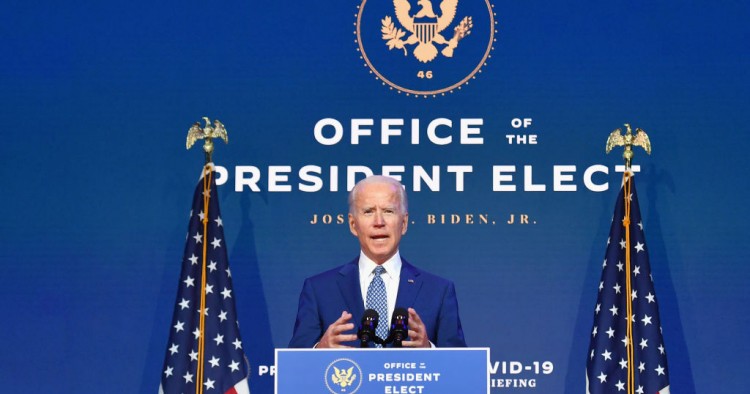The United States faced a series of domestic and international challenges leading up to the 2020 presidential election. After several days of counting ballots, Joe Biden has emerged as the winner and 46th president of the United States. Leaders in the Middle East have had mixed reactions, especially those whose fortunes have prospered during the Trump era. Amid ongoing social, political, and economic issues, the Middle East will be closely following developments and preparing for possible policy shifts and a change in the status quo in Washington.
What do the next four years of US policy in the Middle East look like? Which policies may persist and which may change? What signals does a Biden presidency send to governments in the region? What potential challenges will President-elect Biden face?
The Middle East Institute (MEI) is pleased to host its fourth event in a series to discuss the recently published briefing book, Election 2020: Challenges and Opportunities for US Policy in the Middle East. The briefs in this book offer policy insights from MEI scholars on key issues in the Middle East and serve as a contribution to the broader discussion about the challenges and opportunities for US policy in the region.
Speakers:
Paul Salem
President, MEI
Gonul Tol
Senior fellow and director, Turkey Program, MEI
Gen. (ret.) Joseph Votel
Distinguished senior fellow on national security, MEI; President and CEO, Business Executives for National Security
Amb. (ret.) Gerald Feierstein, moderator
Senior vice president, MEI
Photo by ANGELA WEISS/AFP via Getty Images












